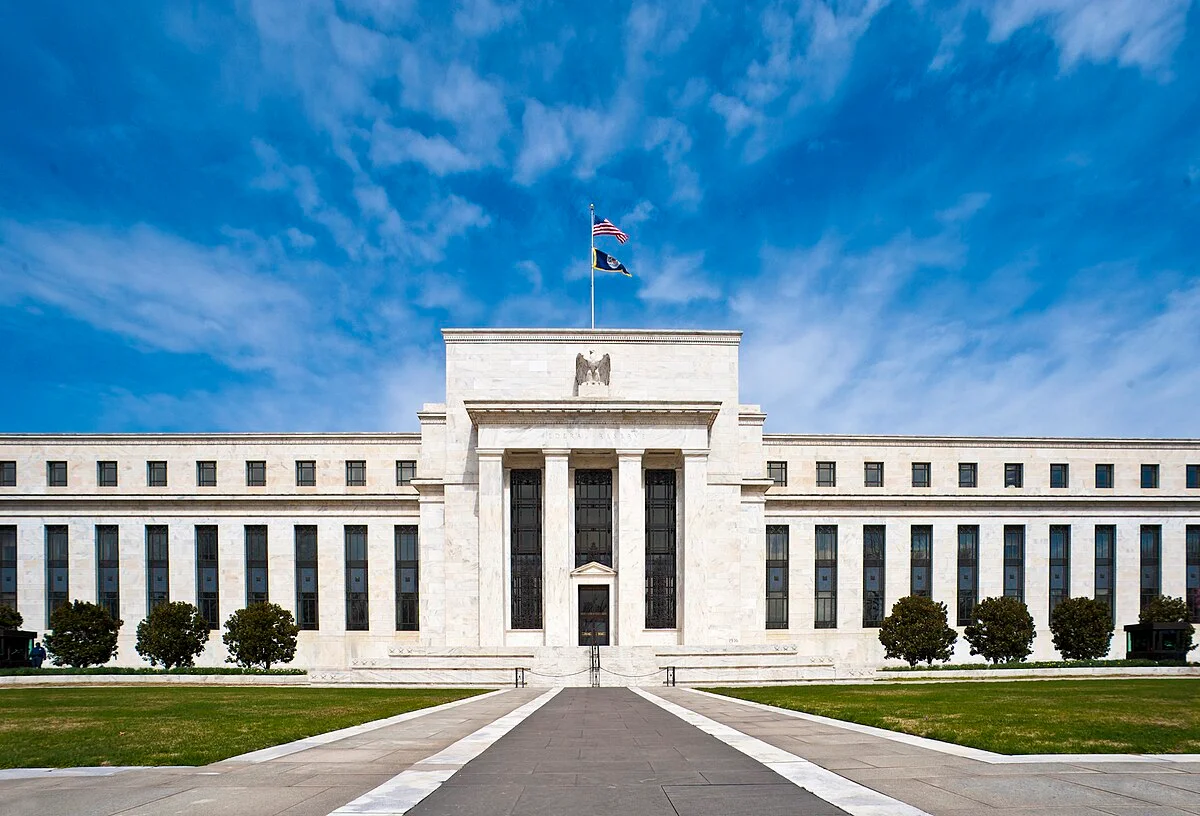South Korea's leading cryptocurrency exchanges, Upbit and Bithumb, have caught the attention of regulators due to their leveraged lending and short-selling products. The Financial Services Commission (FSC) and the Financial Supervisory Service (FSS) summoned officials from the country's five major exchanges to an emergency meeting last Friday, warning of increasing risks.
These seemingly innovative products offer investors the ability to borrow and leverage up to four times using crypto collateral. However, local reports indicate that regulators believe such practices are similar to risky financial methods, which are often restricted to strict regulations in traditional markets, and could leave investors vulnerable without adequate legal protection.
Tether lending suspended, Bithumb resists
On July 4, Bithumb launched a lending service that allows users to leverage up to four times with ten different cryptocurrencies, including Bitcoin (BTC), Ethereum (ETH), and Tether (USDT). That same day, Upbit launched a similar service, but limited to Bitcoin, XRP, and Tether. However, following backlash, Upbit suspended its Tether lending service on Monday. The company is concerned that the product could fall under South Korea's Consumer Credit Law. Bithumb, on the other hand, amended its service structure on Tuesday, making some adjustments but maintaining its 4x leverage ratio.
"Regulators may interpret stablecoin loans as 'consumer loans' that carry interest. This carries legal liabilities," Catalyze Research CEO Ben Ko said in a statement. According to Ko, some segments of South Korea's crypto market still operate outside the confines of traditional financial risk management.
Users May Flee Abroad
Following these developments, the FSC and FSS plan to establish a joint working group with crypto exchanges to establish voluntary self-regulatory principles. However, some experts warn that such local restrictions could drive users to less regulated offshore platforms.
"Investors' departure abroad not only diminishes the effectiveness of local regulations but also exposes them to platforms with lower compliance standards," Ben Ko said. This could lead to increased risks such as fraud and asset loss.
This crackdown on crypto lending services is part of South Korea's broader regulatory efforts for the digital asset sector. Earlier this week, the Bank of Korea announced that it had renamed its Digital Currency Research Laboratory to "Digital Currency Laboratory," effectively shifting its role from research to market oversight.
FSC also presented a roadmap for the launch of spot crypto ETFs in the second half of 2025. This development signals a notable softening of the country's attitude toward crypto compared to previous years.




